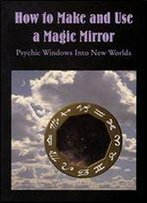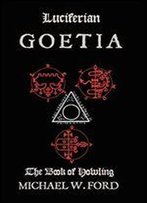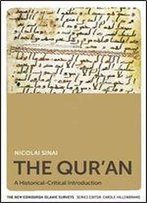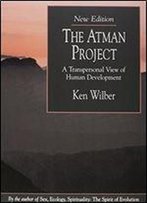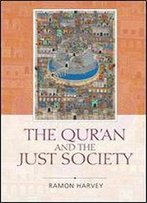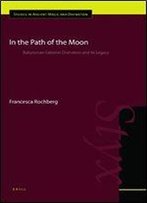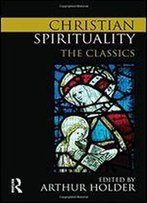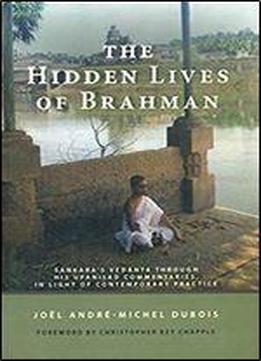
The Hidden Lives Of Brahman: Sankara's Vedanta Through His Upanisad Commentaries, In Light Of Contemporary Practice (suny Series In Religious Studies)
by Joel Andre-Michel Dubois /
2014 / English / PDF
21.9 MB Download
Uses both textual and ethnographic sources to demonstrate that in Sa?kara’s vedanta, brahman is an active force as well as a transcendent ultimate.
Sa?kara’s thought, advaita vedanta or non-dual vedanta, is a tradition focused on brahman, the ultimate reality transcending all particular manifestations, words, and ideas. It is generally considered that the transcendent brahman cannot be attained through any effort or activity. While this conception is technically correct, in The Hidden Lives of Brahman, Joel Andre-Michel Dubois contends that it is misleading.
Hidden lives of brahman become visible when analysis of Sa?kara’s seminal commentaries is combined with ethnographic descriptions of contemporary Brahmin students and teachers of vedanta, a group largely ignored in most studies of this tradition. Du bois demonstrates that for Sa?kara, as for Brahmin tradition in general, brahman is just as much an active force, fully connected to the dynamic power of words and imagination, as it is a transcendent ultimate.
“The central idea of a multifaceted braham in Sa?kara’s thought is original and will be well received.” — Frederick Smith, coeditor of Modern and Global Ayurveda: Pluralism and Paradigms
“The author’s detailed descriptions of the actual pedagogical practices of contemporary Brahmin training is a welcome contribution. One gets a real sense of the teacher-student relationship from this book.” — Andrew O. Fort, author of Jivanmukti in Transformation: Embodied Liberation in Advaita and Neo-Vedanta
“[Dubois] captures the sounds, sights, and tastes of India’s Brahmin schools and centers of study, conveying a sense of what he calls the ‘hidden lives’ of young people who later emerge to carry on the tradition of advaita vedanta. In elegant, descriptive language, Dubois evokes the mood and energy of the daily life followed by these young men as they prepare for highly specialized careers.” — from the Foreword by Christopher Key Chapple
Joel Andre-Michel Dubois is Professor of Humanities and Religious Studies at California State University, Sacramento.
